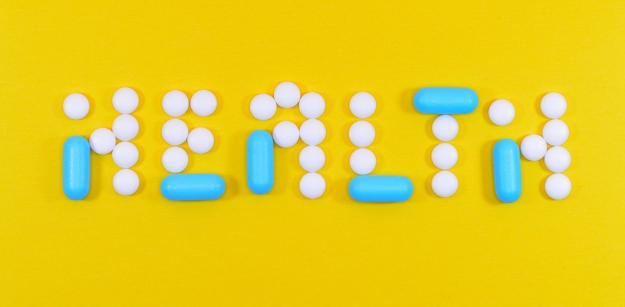Imagine that you are walking down a busy city street with your child. To the right of you there is a homeless teenager, it is clear that he is in active addiction. He seems unaware of what is going on around him and looks almost lost. Your child then asks, “What happened to him? Why does he look like that?” How would you explain the horrors of addiction to your child? What would you say to help them understand?


Common Misconceptions
A common misconception is that a child is too young to understand what addiction is. As a result, the child then becomes unaware of the dangers drugs pose in their life. It’s never too early start talking about addiction with kids. The earlier you start the more likely they are to listen. Another misconception is that if you are too honest or explain too much, they will want to try it themselves. Try not to glamorize drug use, if you present it as information instead of a “party story” they will understand that it has consequences. If they ask you about your personal experience share it to the best of your knowledge. If they know you went through a struggle then if they start to struggle, they can come to you knowing you went through the same thing.
Getting on Their Level
Explaining in detail the full effects of addiction may be difficult, especially if the child is young, but doing your best to make it tangible is key. For instance, children often get addicted to sugar. By explaining a scenario where they were given a surplus of sugar for a long period of time and then suddenly had it taken away, the child is more likely to be able to relate to that situation and therefore they’re more likely to understand. The more conversations you have with them when they are younger the more it will help them when they are older. Try to find a time after dinner or before bed to talk about their day. Utilize these conversations as a gateway to bring up the peer pressures and struggles they may face in the future. Show interest in their questions and be as supportive as possible when they talk about concerning issues in their lives.
Understanding the Early Stages
It is important to know the warning signs that your child may present. Most addicts have inherently addictive personalities and become addicted to less harmful things as children. Video games and phones seem to be the trend these days. If your child starts to become too interested in video games, it may be time to start limiting the time they are allowed using that device. Giving them a time frame that they can use their game allows them something to look forward to. Other adolescents become aware of their body and start to compare themselves to their peers or movie stars. As a result, eating disorders are another addiction that your child may be at risk of. Eating disorders may start out as an addiction to exercise or what they’re eating. In moderation, these are considered healthy outlets for stress and help young children feel great. The tipping point is when they start to be come overly obsessed about working out or every single thing that they’re eating. According to the kids health network warning signs of an eating disorder may be rapid weight loss, depression, and severe changes in eating habits. Your child’s body is going through a lot of changes during this time and sometimes it’s difficult to differentiate between changes they can’t help and when there is actually a problem. Make sure to compliment your child on any positive changes they are making in their appearance. Also, don’t bring up negative changes about their body. There are plenty of outside influences to remind them that they may have gained a little weight, or they are not as fit as they used to be, and it doesn’t make them feel any better if you bring them up as well.
It’s Not Always Drugs
Checking in with your child and understanding when their behavior seems off is a good indicator that it may be time to have a conversation about drugs and addiction. It is normal for most teenagers to have mood swings or show signs of mild depression but when it becomes a consistent theme it could be a mental illness. According to family strategies there is there is a strong link between mental health issues and the tendency toward substance abuse. It is not always drugs that cause odd behavior; sometimes children need psychiatric help as well, especially throughout the years when they develop into adults. Talking to them every night or every few nights will give you a better idea of where your child is at and when you may need to step in and seek additional help. Sometimes children reach a point in their lives where they just need a little extra love and support from their parents. Reminding them that you love them and that you’re there if they ever need anything can help.
Monkey See Monkey Do
Scott Medina, a renowned child psychologist, talks about how one of the very first things a child learns is how to mimic. They mimic movements and phrases when they are young and as they get older, they begin to mimic actions and coping mechanisms as well. These are helpful suggestions, but they won’t work unless you practice the principles you teach. An example is when parents limit the amount of soda their kids drink while they themselves drink five to six cans in one sitting. Your child isn’t going to listen to your speech about drugs and alcohol if they see you constantly using them as a way to deal with your problems. It’s not to say you can’t enjoy a glass of wine every once in a while, but being conscious about your actions and choices is the most effective way to set an example for your child. Take time for your children, listen to them, and understand where they are at and what they need. Take time for yourself as well, teaching them healthy ways to cope with stress and to ask for help when they need it is a vital skill for their future.



